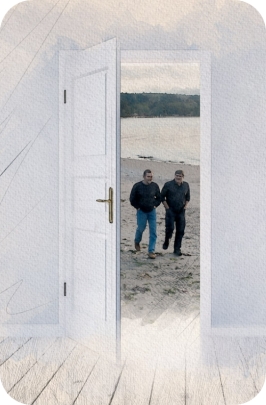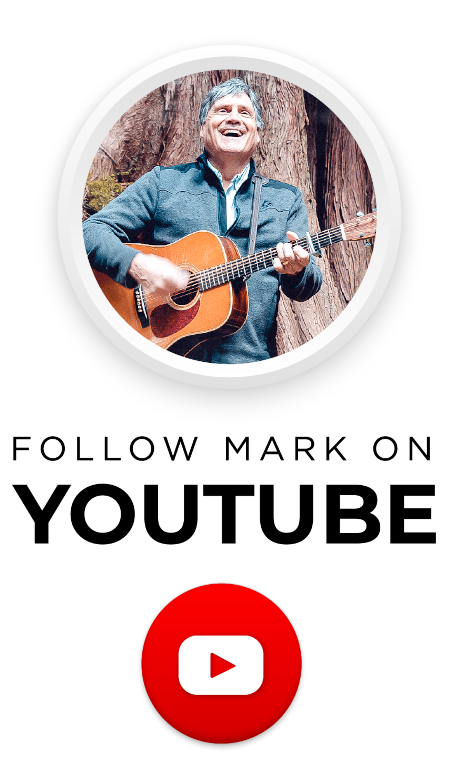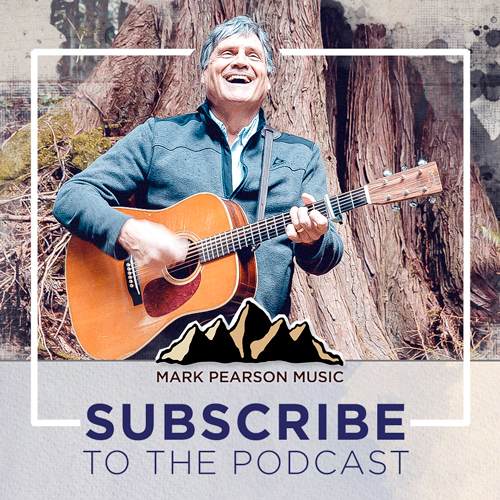LETTER FIVE: OUR TWENTIES
Take to the highway won’t you lend me your name
Your way and my way seem to be one and the same, child
Mama don’t understand it she wants to know where I’ve been
I have to be some kind of natural born fool to want to pass that way again
Cause I can feel it nah, nah, nah, nah, nah, nah
Walkin’ down a country road
That’s the first verse of a recording from the 70’s of McCoy and me singing James Taylor’s Country Road. We had a lot of fun in those days taking songs
and trying to make them our own. It makes me smile to remember as I share this next Dear Partner letter.
Dear Partner,
After starting and discarding half a dozen letters to you about who we were in those years after college, I’ve decided to start like this: I believe we spend much of our lives answering two questions: Who are we? and What are we doing here? And while over time the answers can and will change, looking back it’s pretty clear neither one of us knew who we were or what in the world we were doing for a lot of our 20’s. We developed different ways of faking it, and like a lot of guys we learned how to live compartmentalized lives. What those tricks didn’t teach us, however, were some of the basics, like how to love someone, starting with ourselves. Or how to open up and how to let someone love us. Your search for answers was complicated by the fact that you grew up in a family that masked a lot of feelings with alcohol. So what was normal for you was to do the same. Without knowing it at the time my search was complicated by growing up in the shadow of a family secret. At twenty-two I learned my dad had been in a mental institution when I was born. I lost faith in much of what I thought was true, struggling to know where to stand and how to understand.
While we were learning who we were and what we were doing, damage was done and people were hurt. Thankfully I’ve had a chance to make some amends and to ask for forgiveness from those I’ve hurt. Important steps for sure. And while every step of the way, one way or another, you and I, we kept on singing.
After singing with The Brothers Four for a couple of years I set out on my own. In retrospect it wasn’t the wisest decision. But then at twenty-four there’s not a lot of wisdom to draw on. Maybe the best I can say about choices and living with those choices is that if I knew then what I know now I wouldn’t know what I know now. And I’m grateful to know what I know now.
There was an article in the Seattle Post-Intelligencer, the local morning paper, that put my career decision in a favorable light. It said in part, Pearson first got his exposure with The Brothers Four which establishes his folk background. He left while the group was still going strong which establishes his independent spirit. Put the two together and you have a contemporary artist with a feel for the roots of tradition. Someone who sings with feeling and finesse.
Fortunately there were enough people who agreed. In the 70’s new restaurants were catering to a younger crowd. It was the time of singer-songwriters and a lot of the places had a bar or a lounge with someone in the corner singing often playing guitar. It was in those places with the blender in the background that I paid my dues and learned my craft. Lots of nights especially weekends you’d simply show up and add your voice. Closing nights became something of an event. For a couple of years, you and I also sang together in Sun Valley. That first winter you introduced me to Pat Sands. Along with a lot of his buddies he came to ski all day and buy tequila shots for the band at night. Living together at the Powder Horn at the base of Baldy and singing together every night for months at a time helped you and I develop our style and strengthen our connection.
While mostly based out of Seattle over the years I tried a lot of different things. I moved to Minneapolis for a while when Bob Dylan’s brother, David Zimmerman, became my manager. A relative of a friend was a successful backup singer in Nashville. She opened some doors for me there. I made regular trips. I sold some songs. I was offered a staff writing position with one of the biggest publishing companies, Tree International. What I kept hearing over and over was that I needed to be where the action was, so in the fall of 1977 I moved to LA. It felt close enough to Seattle to make regular trips to see my wife who for lots of reasons didn’t come with me. A few weeks before I left was your first day of teaching first grade. Something you would do for thirty-one years. I remember stopping by the last night before that first day and telling you that the next morning everyone in the classroom was going to be nervous. You were going to be the only one who knew that was going to include the teacher.
When I arrived in LA I got a map and drew circles around parks and put x’s by libraries. I limited my search to places within walking distances of both. Found a place on Coldwater Canyon in Studio City. Great neighbors. Mrs. McCleary downstairs and the Byers Boys across the hall. One night I was having dinner with some friends. One of them an architect who had just finished renovating the Westwood Playhouse near UCLA. He could get a special rate to rent the space. A lawyer friend said he’d invite some of his clients who were in the music business. The Byers Boys knew a great bass player, Larry Paxton. That night around the table it became like a scene from one those Andy Hardy movies starring Judy Garland and Mickey Rooney. “Hey we could put on a show. We’ve got the musicians. We’ve got the theater. We’ve got the songs.” So put on a show we did. I gave you a call. And, yes, if we waited till June you’d be done with school. You could come down and be part of it. Alicia Avery who had done some singing with us could do the same. Sands didn’t want to miss it, so he was there, too.
The show was a success. It got a favorable review in Billboard Magazine. At the same time one of my new songs became the first single introducing a Swiss artist name Suzanne Klee to America. Things were beginning to line up after a year in LA. But the truth is I didn’t have it in me to keep going. Looking back it was a combination of reasons. Among them I think: Fear of success. Fear of failure. Fear of people finding out that I was an imposter of sorts. And there were those anxieties I’d dealt with since I was a kid that I couldn’t name so couldn’t explain or claim. And I continued to struggle to answer those basic questions, who am I and what am I doing here.
So I went back to Seattle. Too late to save a marriage. Feeling like a failure in my career. Feeling too ashamed to reach out to friends, even you. Though I will say that you did talk me into being part of your team for the 1979 Ski to Sea relay race. Dwyer and I paddling the canoe. Most of my days, however, were spent with the curtains drawn not sure what I was going to do next.
That spell of darkness was broken when Bob Flick called and asked if I would be part of a Brothers Four concert tour of Japan. The Lady 80’s Tour. When we were in Japan last year Noguchi-san and Yama-san were still talking about that magical time. For me being part of that time meant nearly two months of getting up every morning and having the world say yes while doing something I loved with people I enjoyed. I had forgotten how much I needed those kinds of affirmations and after a while I began to believe them, and that felt good, too. After the tour I joined my folks in South Africa where my dad was working for the foreign service. My mom and I had never really gotten along. I figured if I was going to have healthy relationships with women I needed to start with her. So during that visit I told her I hoped we could get along better. She quickly agreed. And we became and we remained good friends until the day she died.
When I finally got back to Seattle there was enough of everything for me to begin to dream again. A few days after I got home Sands, who had recently become the manager of a new restaurant, the Rio Café, asked me to join him there for ribs, potato skins, and beer. Once again unannounced you simply showed up.
“What are you doing here,” I asked.
“I heard you were back in town,” you replied, “and I wanted to welcome you home.”
While I couldn’t have articulated it sitting around the table that night with you and Sands, telling stories, Brothers Four stories, stories of you and me singing or getting excited about a new song, stories of the three of us skiing, without knowing it I was beginning to understand, on some important level, who I was, who we were, and what I, what we, were doing here.
I’ll finish this letter with a verse and chorus of the song that ended the concert at the Westwood Playhouse.
Taking chances making changes another small step down the line
Along the road I'm traveling not sure of what I'll find
Might hit a streak of losers or by some chance just might win
All I know for certain is this time won't come again
Success might turn impostor or failure satisfy
Something that's discovered somewhere deep inside
So when it's over may I look back and see the ends were justified
And understand the meaning of what it was to try
Chorus
There's not too much between the winners and the losers
It's a fine line between the beggars and the choosers
Not far from being born to dying
It's a long way from anywhere once you give up trying



